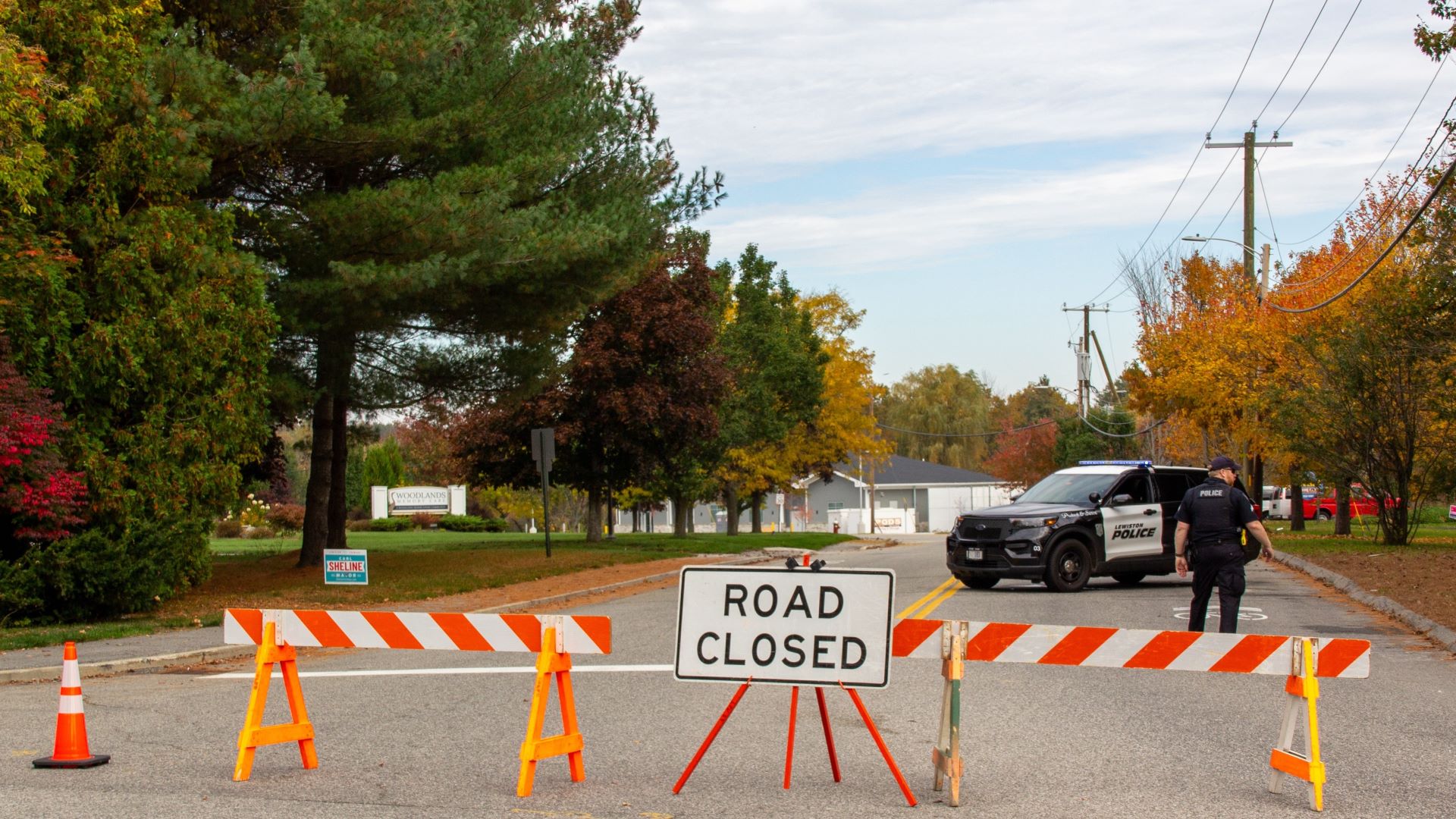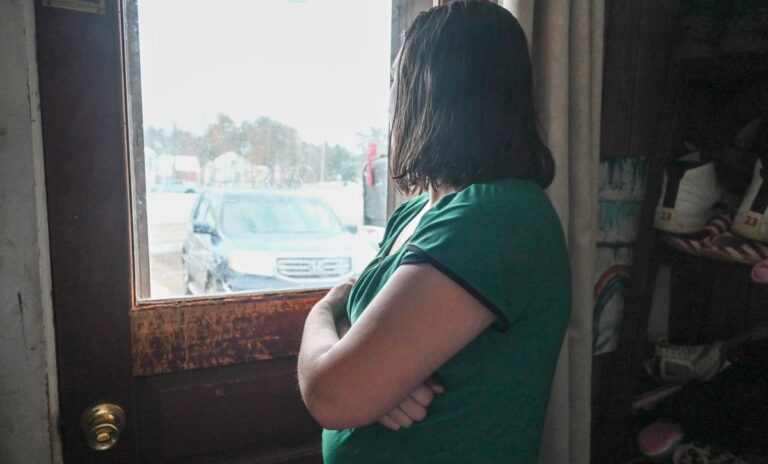An independent commission investigating the Lewiston mass shootings grilled law enforcement officials on their training and response to mental-health calls during a hearing Thursday in Augusta.
Sagadahoc County Sheriff Joel Merry and several deputies appeared before the commission established last November by Gov. Janet Mills and Attorney General Aaron Frey.
After gunman Robert Card killed 18 people at two Lewiston businesses on Oct. 25, Merry disclosed that his agency was contacted twice about concerns of Card’s declining mental state.
Two of the deputies attempted to conduct a welfare check on Card last May and September. Neither were able to contact him, nor did they pursue legal action such as a weapons restriction order.
When commissioner Ellen Gorman, a former associate justice of the Maine Supreme Judicial Court, asked Deputy Chad Carleton to describe his options when responding to a person with mental illness “who, in your estimation, cannot be taken into protective custody because he does not meet the definition that the law imposes,” Carleton said that’s an “open-ended question.”
“There is no easy answer to that question. Different officers are going to have different approaches based on their training, education and experience,” Carleton said; his pointed toward de-escalation. That meant not endlessly knocking on Card’s door during the May call, which Card’s family members told Carleton could agitate him, he said.
Neither Carleton nor Sgt. Aaron Skolfield was able to contact Card on their visits to his home.
The testimony reinforced findings from two Maine Monitor investigations into law enforcement’s response and readiness to deal with welfare checks and mental health calls.
A Maine Monitor investigation published in December found that law enforcement officers often lack direction on how to conduct welfare checks, which can number in the hundreds each year for a single agency.
How an officer responds to and follows up on a mental health-related call for service depends on a number of factors, from information available at the time to an officer’s experience in the field, according to a survey The Maine Monitor conducted with agencies around the state and interviews with nearly a dozen law enforcement officials.
A second Maine Monitor investigation published earlier this month, which included interviews with more than two dozen law enforcement officials and mental health professionals, found that with a critical shortage of mental health workers statewide, law enforcement officers are often the first responders in crisis situations, yet many lack the training or resources to handle such calls.
And while officers are not licensed clinicians, they are increasingly being asked to make mental health decisions.
This was reflected in the commission’s questions to the officers Thursday and their responses: Officers were pressed about the amount of training they have had on dealing with mental health calls, and the action they may take based on that and the information available.
Merry, the sheriff, said most of his agency is certified in Crisis Intervention Teams, or will be soon. Crisis Intervention Teams, or CIT, is often considered the gold standard for mental health training — a 40-hour, five-day course on responding to mental health crises that goes far above the Maine Criminal Justice Academy’s minimum requirements. The Academy requires at least 20% of every department complete at least eight hours in mental health first aid training.
But the Monitor found that mandated mental health training for law enforcement officers has failed to reflect growing demands, and budget and staff constraints often prevent departments from seeking mental health training beyond the Academy’s minimum requirements.
Although Carleton and Skolfied were CIT-certified at the time of the calls — and Skolfied said he believed his training was adequate to handle the September call — the Monitor found that even when officers have a high level of mental health training, it pales in comparison to mental health professionals’ years of education.
“Our options are limited by the law, limited by policy, limited by the rules, but open-ended to the point where it’s officer discretion,” Carleton told the commission.







